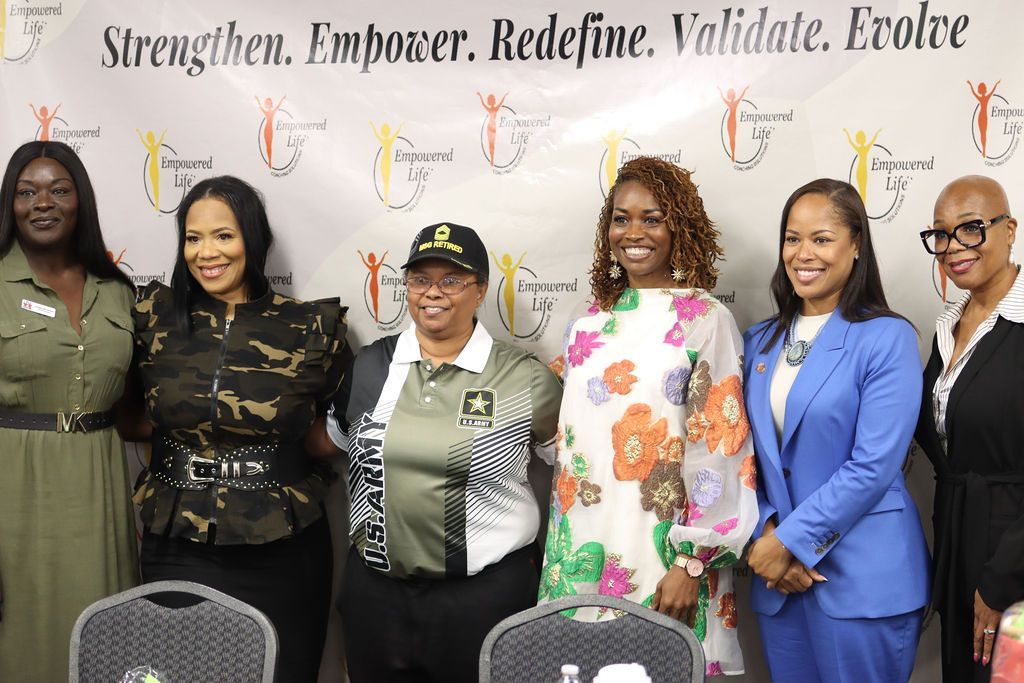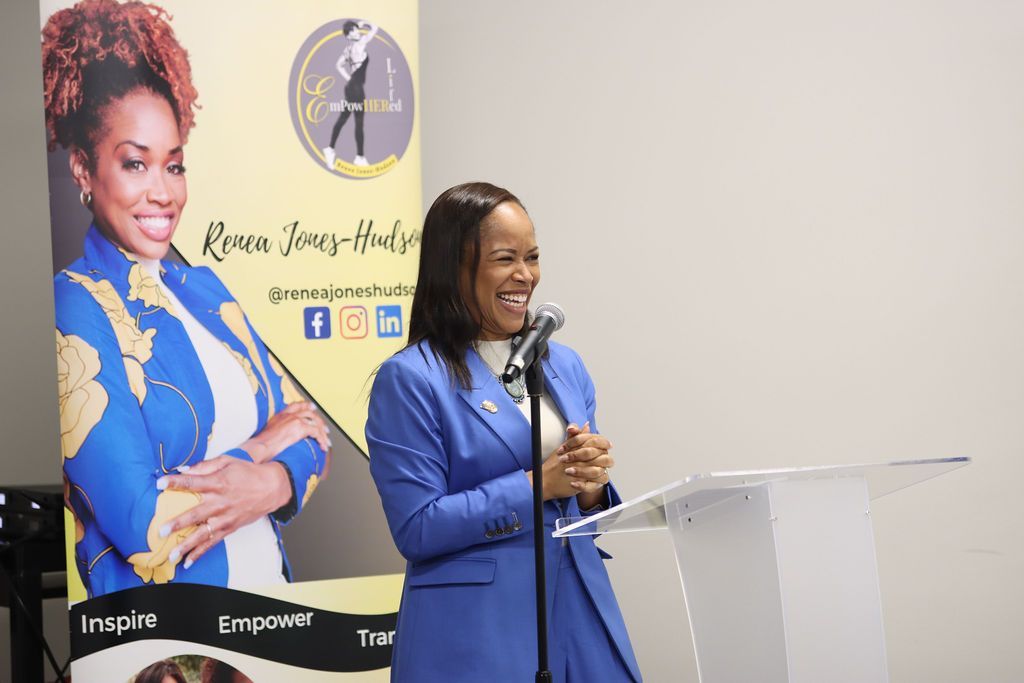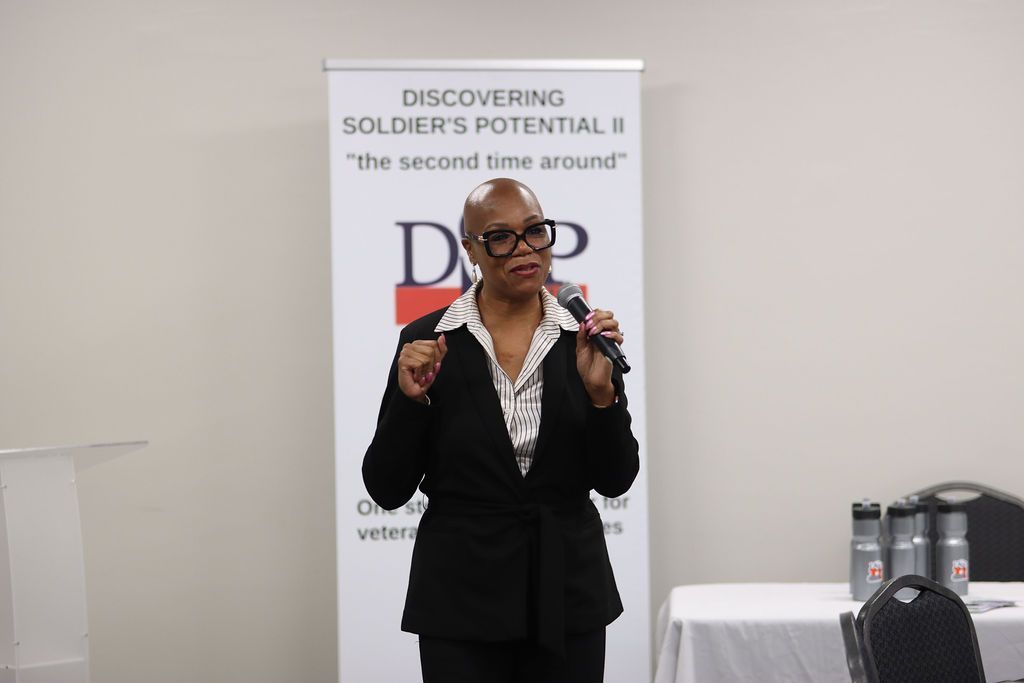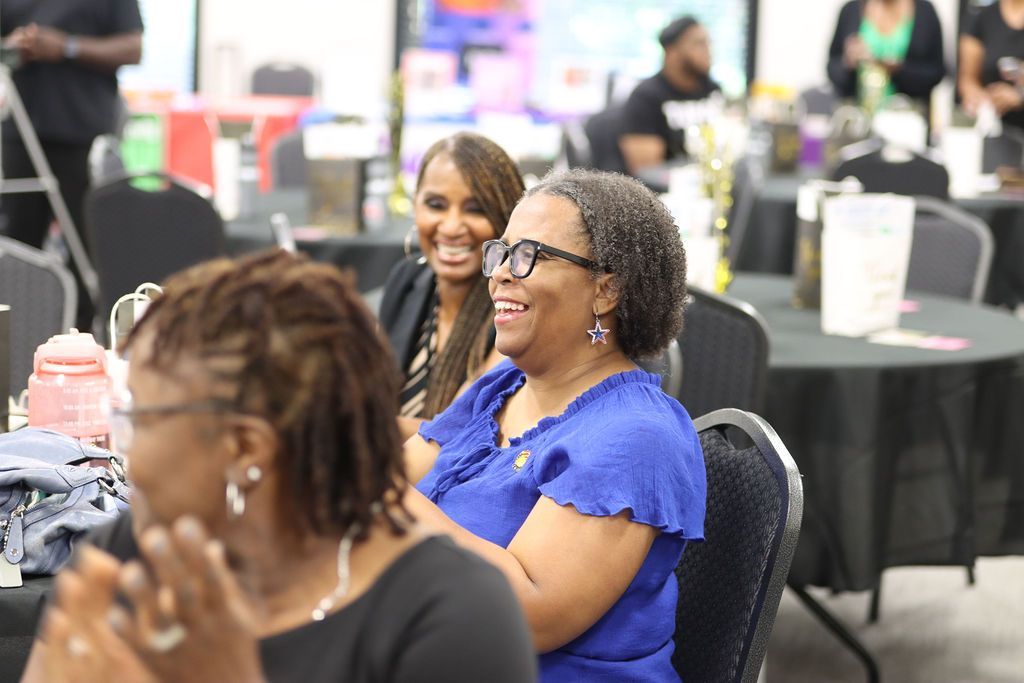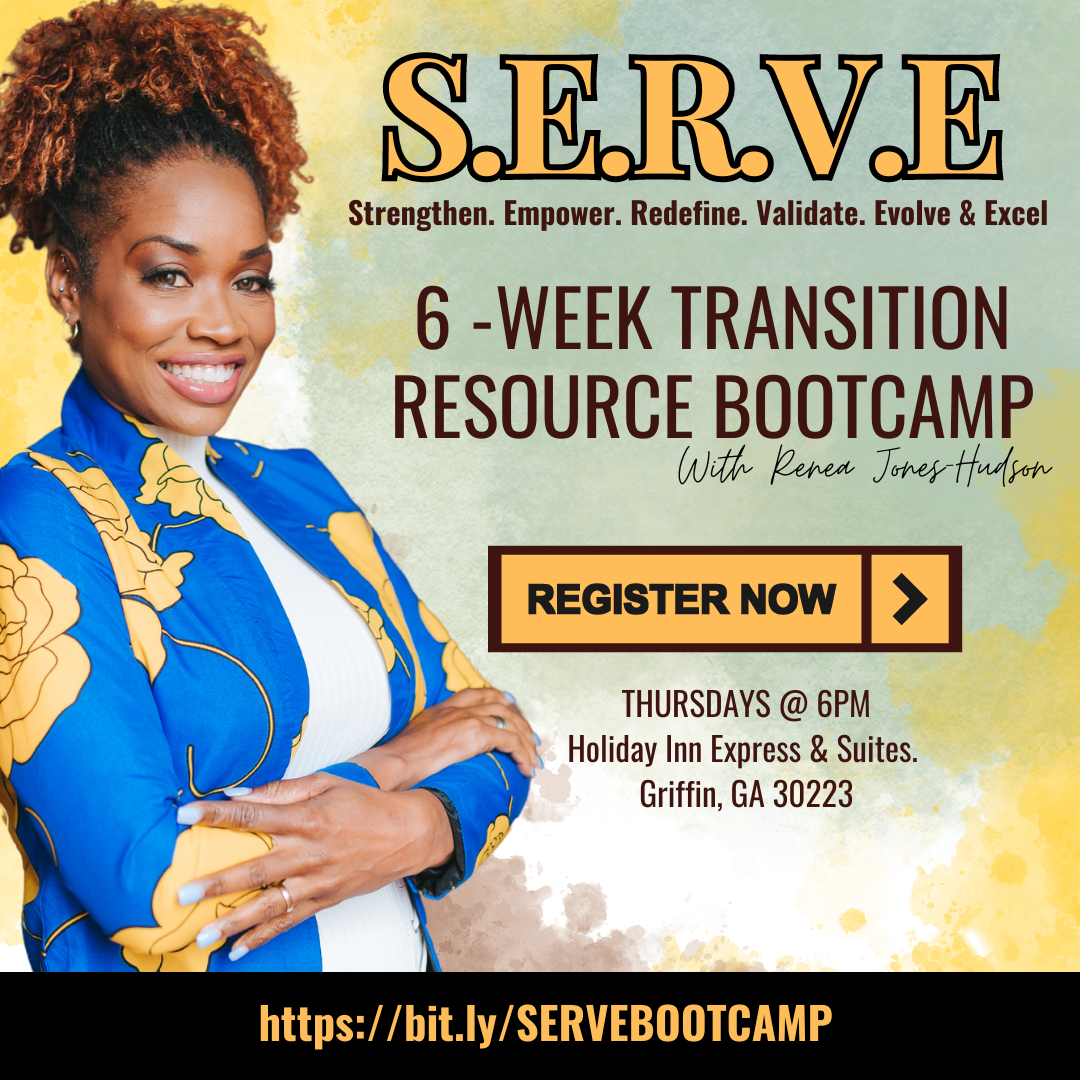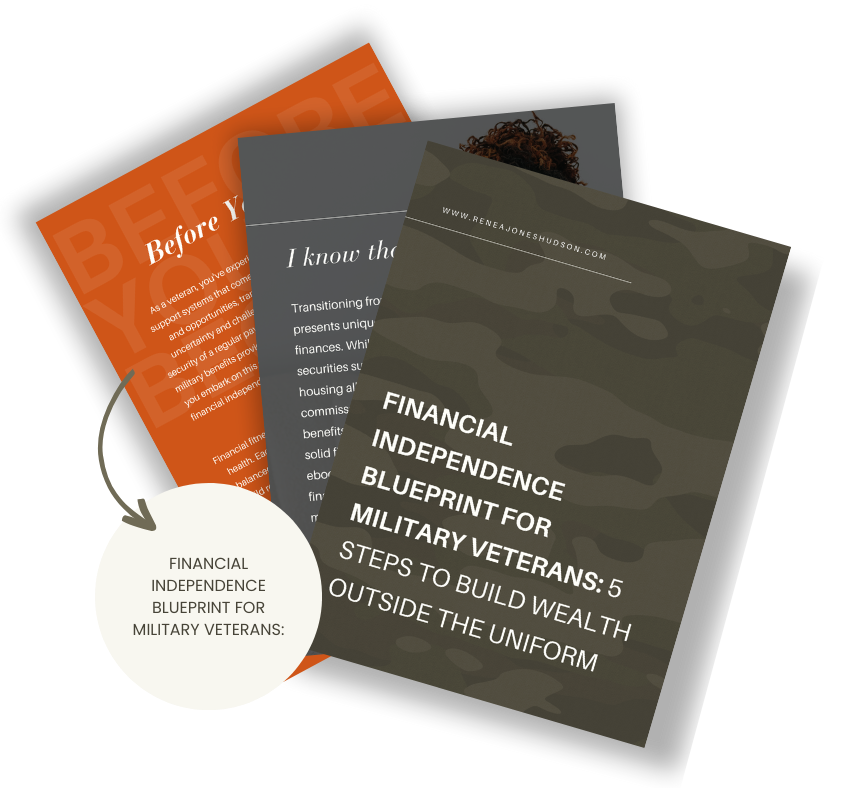Empowering Women Veterans: Reflections from the SERVE Summit and Tools for a Successful Transition
Discover the transformative power of the SERVE Summit, empowering transitioning military women with resources, support, and actionable steps for a successful post-military life.
Slide title
Write your caption hereButtonSlide title
Write your caption hereButton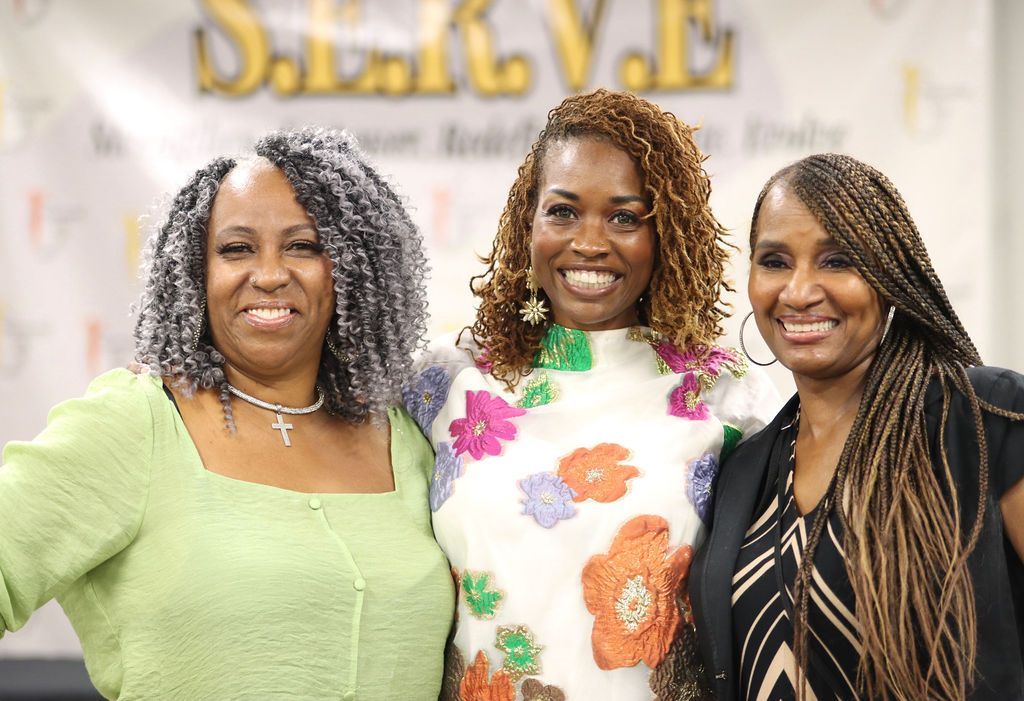
Slide title
Write your caption hereButtonSlide title
Write your caption hereButtonSlide title
Write your caption hereButton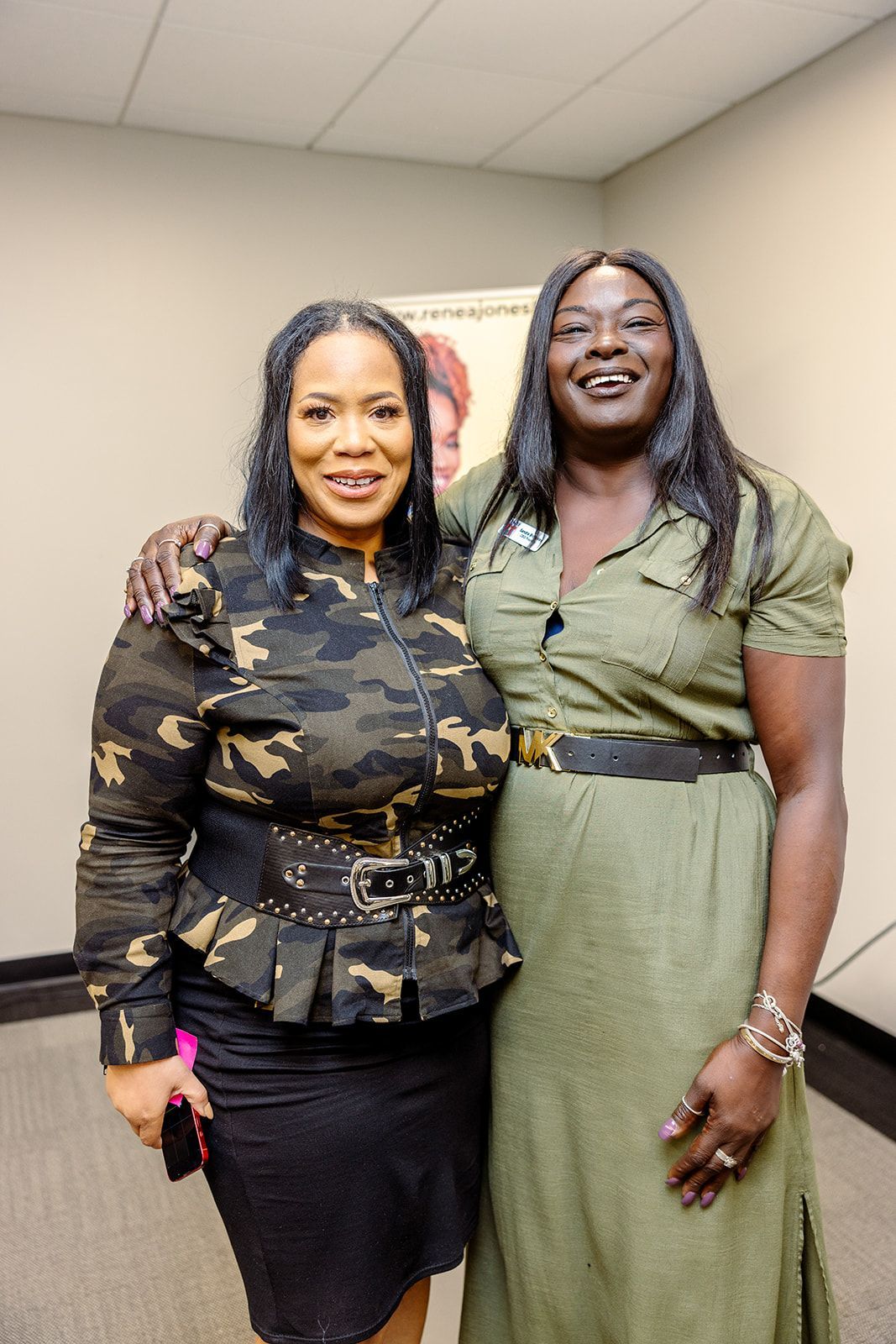
Slide title
Write your caption hereButton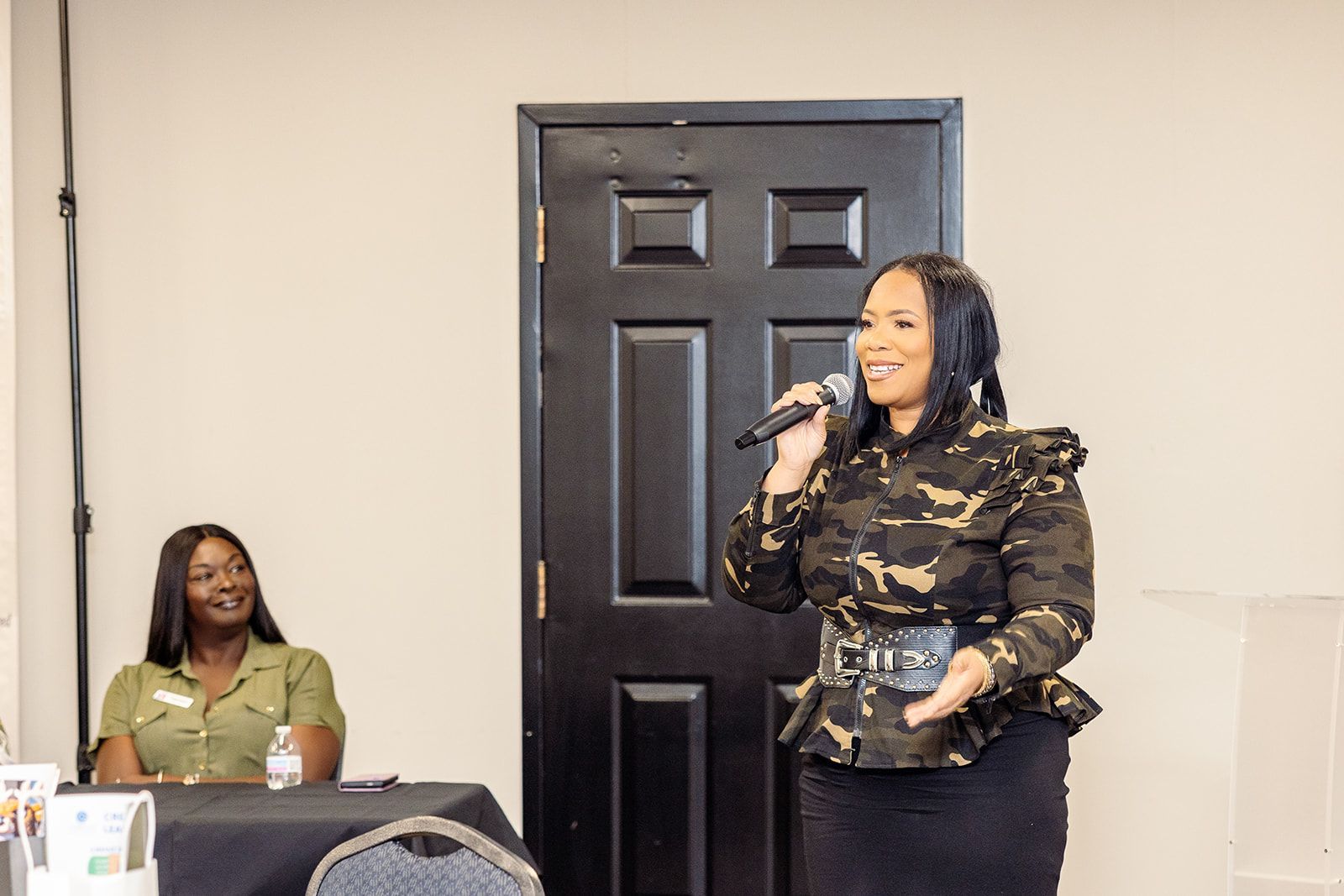
Slide title
Write your caption hereButton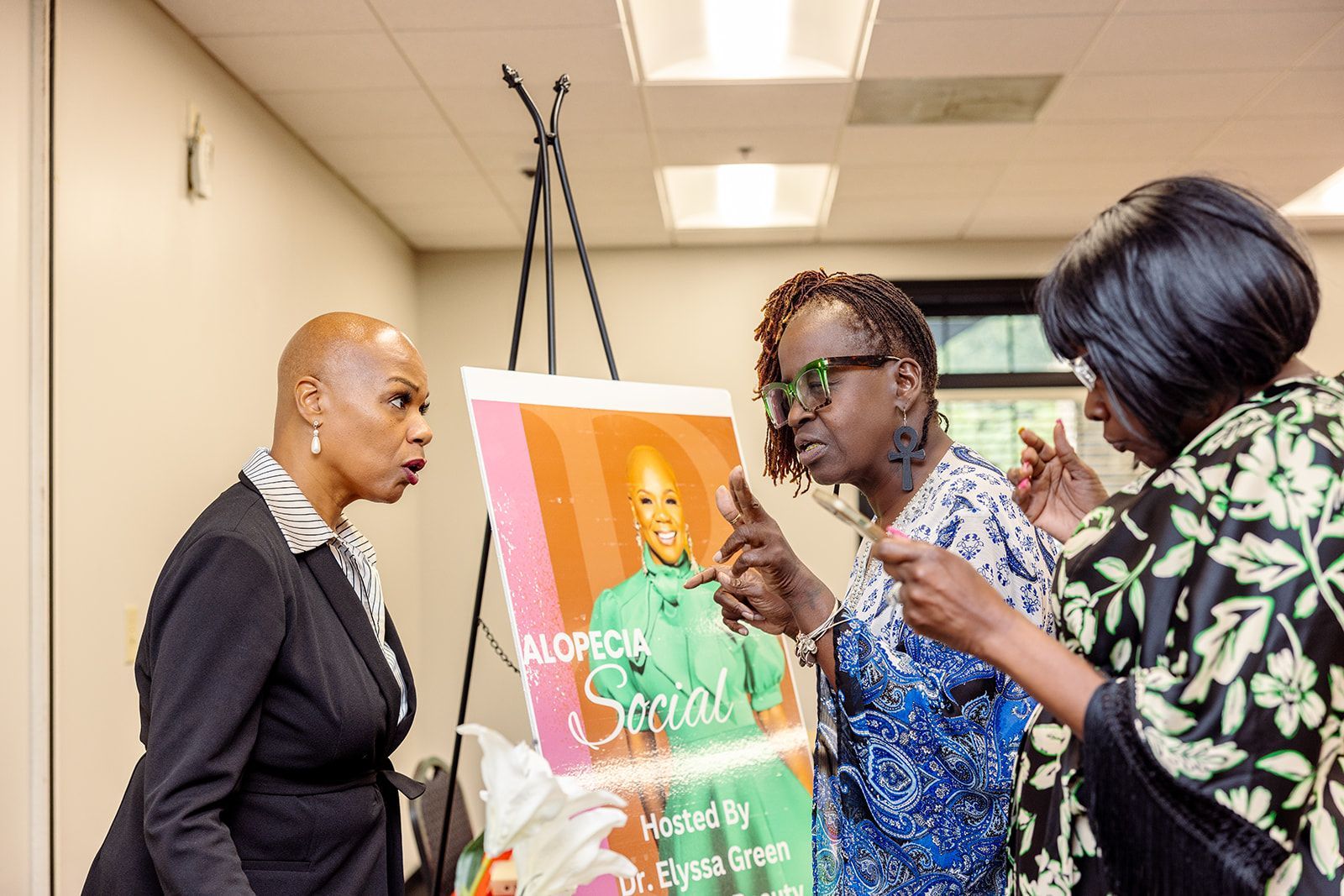
Slide title
Write your caption hereButton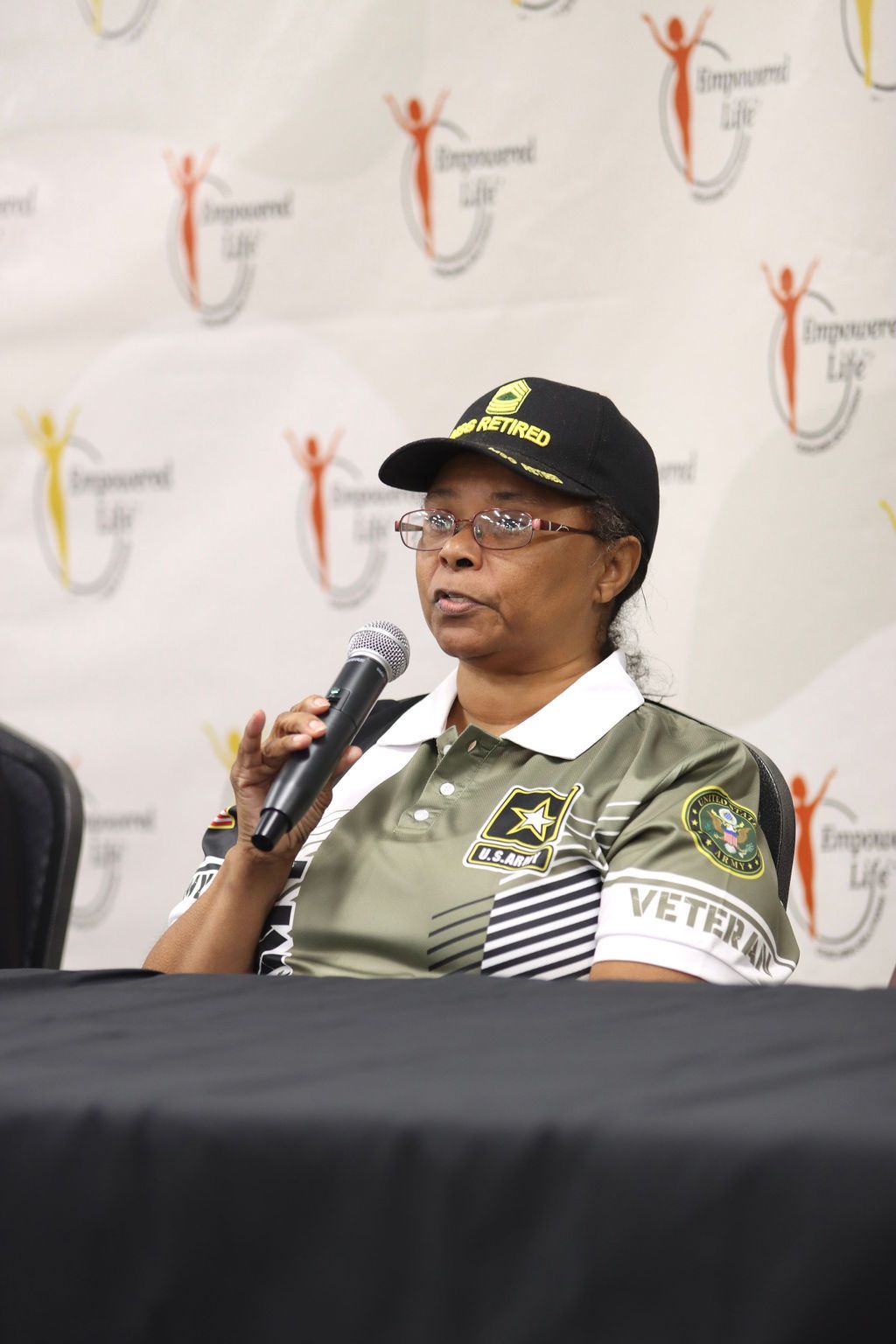
Slide title
Write your caption hereButton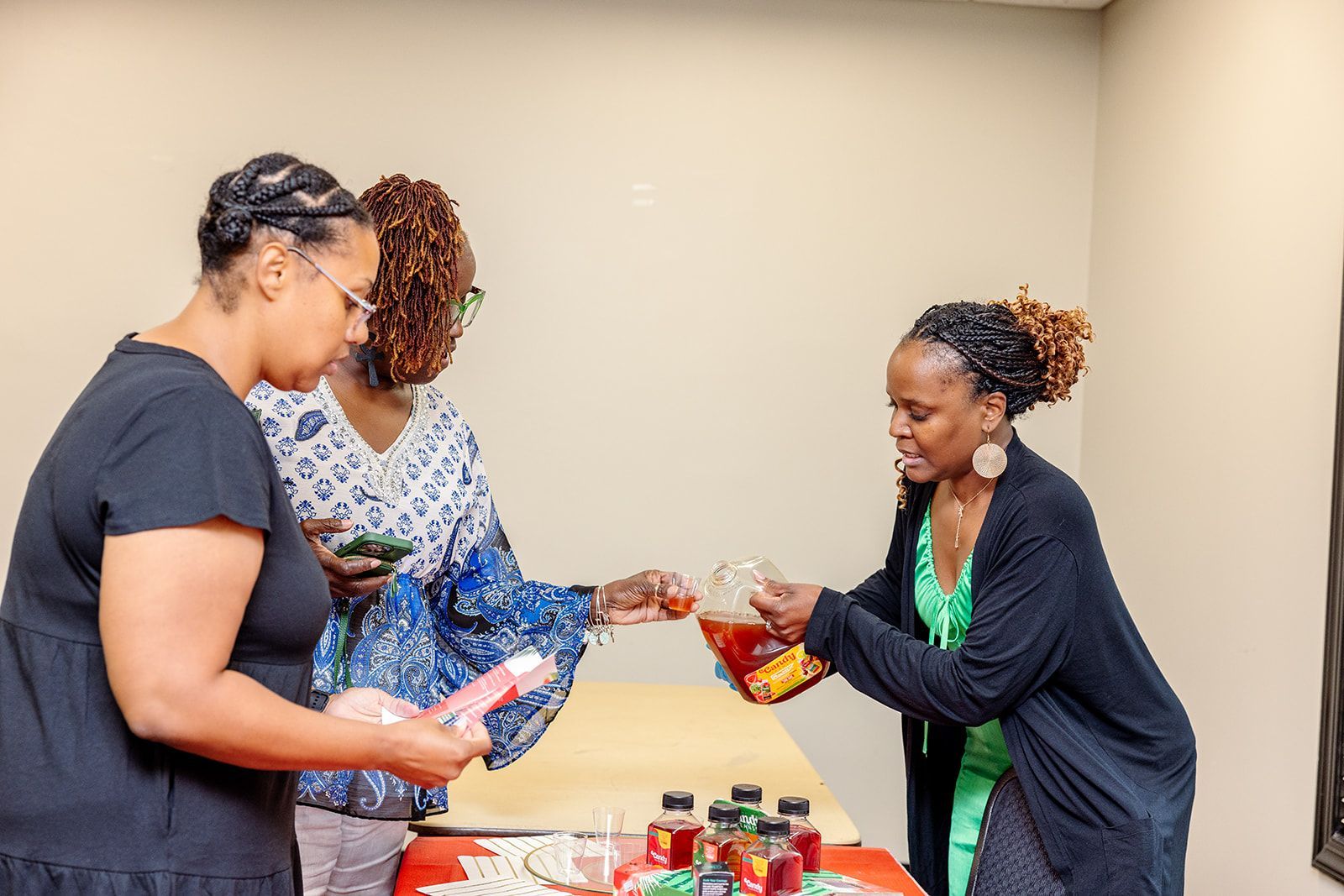
Slide title
Write your caption hereButton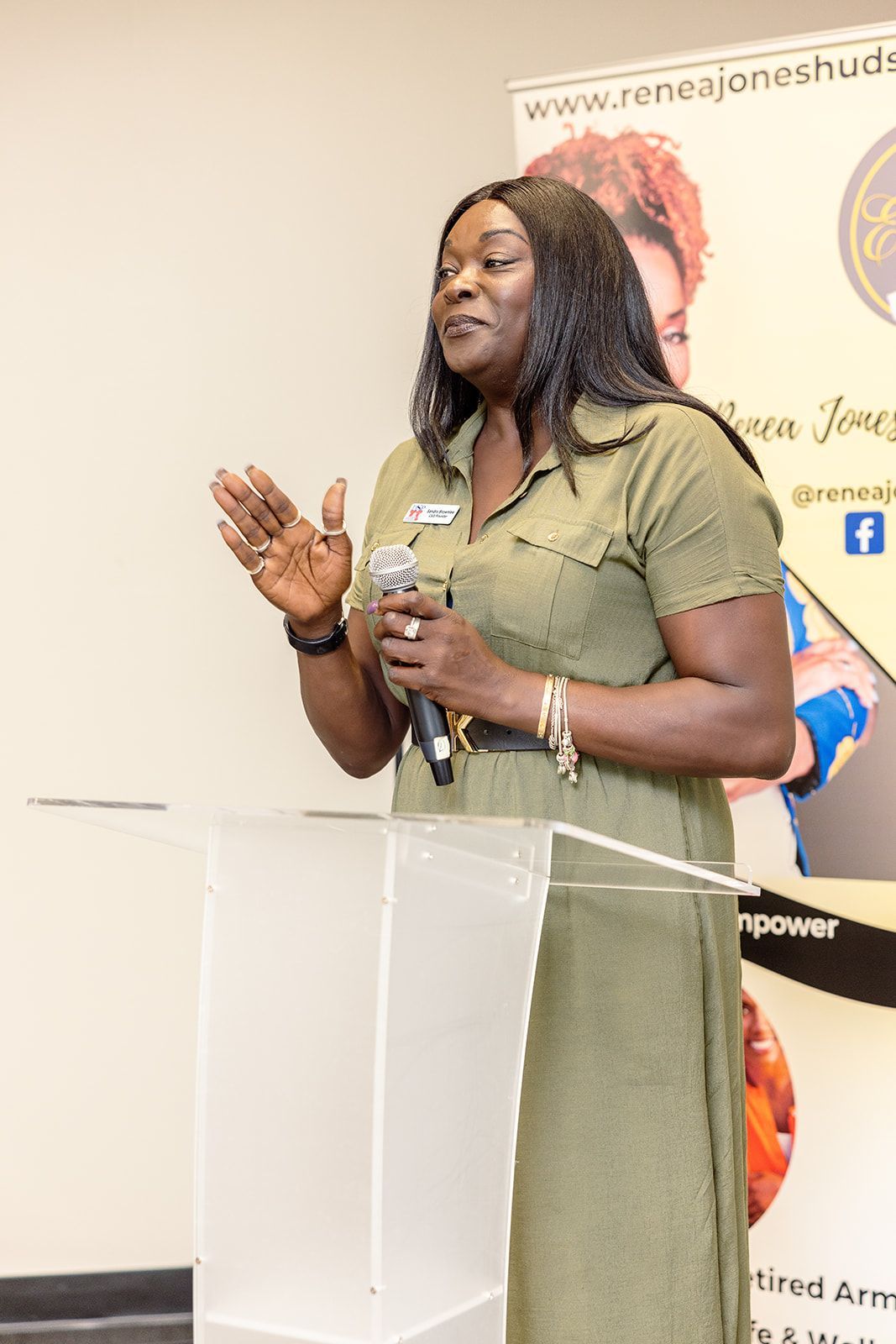
Slide title
Write your caption hereButton
When I decided to host the SERVE Summit, I had a clear vision of its purpose: to empower and support transitioning military and veteran women. However, I didn’t fully anticipate how deeply impactful it would be for myself and all those who attended. The event created a powerful space for vulnerability, transparency, and honest conversations about female veterans' challenges.
This is not surprising, considering that women veterans make up less than 2% of military research literature despite their growing numbers in veteran communities. Many women who have served often face gender-specific challenges, such as mental health struggles, feelings of invisibility, and a lack of tailored support when transitioning to civilian life(Carrollet al., 2024)(Burkhart & Hogan, 2015)).
In a study conducted by Sayer et al. (2015), understanding these experiences is critical to developing resources and systems that truly address the needs of women veterans. These women face not only identity shifts but also emotional labor that often goes unrecognized. As many as 67% of female veterans report difficulty finding gender-specific resources to help them deal with issues such as PTSD, anxiety, and the physical effects of military service(Burkhart & Hogan, 2015).
Hosting the SERVE Summit opened my eyes to just how much these women continue to serve—long after they have left active duty. Despite the historical underrepresentation of female veterans in military studies, these women continue to inspire, support, and uplift one another, turning their lived experiences into a testament to resilience and strength. This sense of unity and shared experience was palpable in the room, reminding us of our collective strength.
Did you know? Women veterans often face barriers that extend beyond their military careers. The 2010 U.S. Census highlighted that female veterans are twice as likely to experience homelessness as non-veteran women, reflecting a broader issue of inadequate veteran support systems. These challenges have shaped them into the extraordinary women they are today, and their stories deserve to be heard.
For those who could not attend, I’m excited to announce our 6-Week SERVE Transition Bootcamp Course, launching on September 25, 2024. This group coaching program is designed to continue the work we started at the summit, offering practical tools and resources for navigating the complexities of life after military service. You’ll gain access to workbooks, weekly in-person training, and bonus resources tailored explicitly to female veterans. The program addresses financial literacy and career transitioning to emotional well-being and self-empowerment.
The best part?
Like at the summit, you’ll be surrounded by a supportive community. Don’t miss this opportunity to continue your transformation and rediscover the incredible potential within you. You are not alone in this journey; together, we can build a strong, thriving future for all women veterans.
A heartfelt thank you goes out to the talented photographers Shamel McLean and Out the Lab Photography, who captured the essence and emotion of this transformative weekend. I would also like to thank all the incredible speakers, sponsors, and attendees who made this event possible. Your dedication to uplifting our women veterans is truly inspiring.
The SERVE Summit wasn’t just an event—it was a catalyst for change, a testament to hope, and a reminder of the power of shared experiences. Together, we can reshape the future for women veterans and ensure that they continue to thrive, serve, and lead in all areas of life.
Sources
Burkhart, L., & Hogan, N. (2015). Being a Female Veteran: A Grounded Theory of Coping With Transitions. Social work in mental health, 13(2), 108–127. https://doi.org/10.1080/15332985.2013.870102
Carroll, Amanda & Kirchen, Twylla. (2024). Being a woman in a man’s military: The impact of military service on the lives of older U.S. women Veterans. Journal of Military, Veteran and Family Health. 10. 10.3138/jmvfh-2023-0024.
Sayer, N. A., Orazem, R. J., Noorbaloochi, S., Gravely, A., Frazier, P., Carlson, K. F., Schnurr, P. P., & Oleson, H. (2015). Iraq and Afghanistan War Veterans with Reintegration Problems: Differences by Veterans Affairs Healthcare User Status. Administration and policy in mental health, 42(4), 493–503.

I’m Renea Jones-Hudson
A retired army veteran, international bestselling author, and empowerment coach. I help military and veteran women transition to civilian life, unlocking their unique talents and achieving personal and financial growth through empowering sessions and proven strategies.
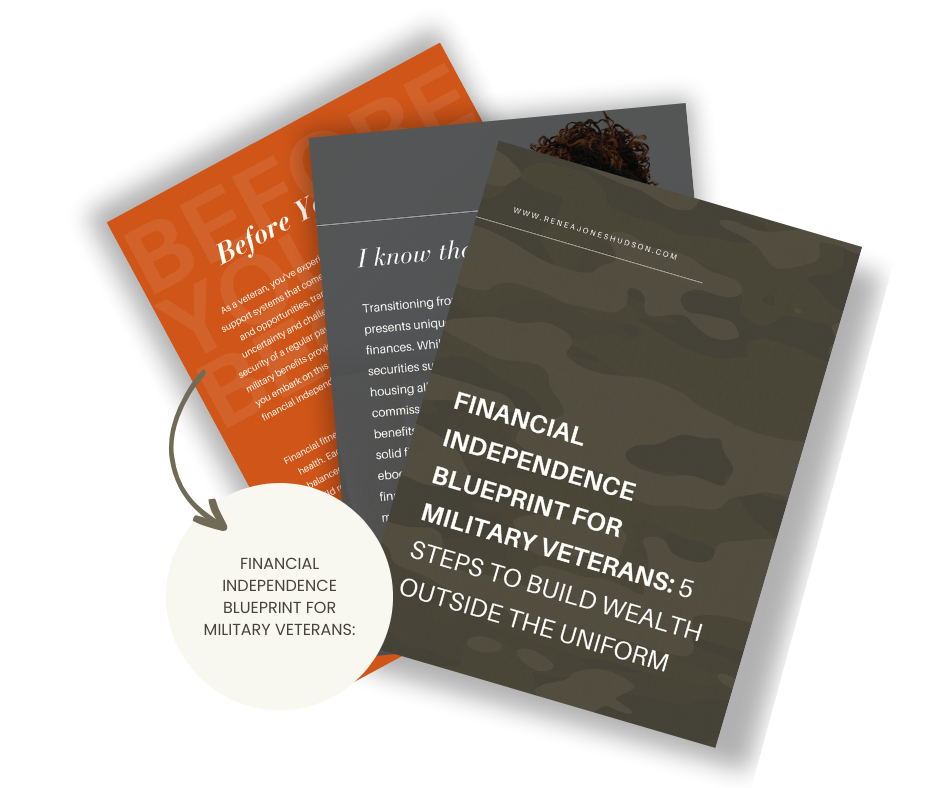
Financial Independence Blueprint for Veterans: 5 steps to build wealth outside the uniform




Menu
All Rights Reserved | Renea Jones Hudson
Site Powered by: BeSociableBrand


